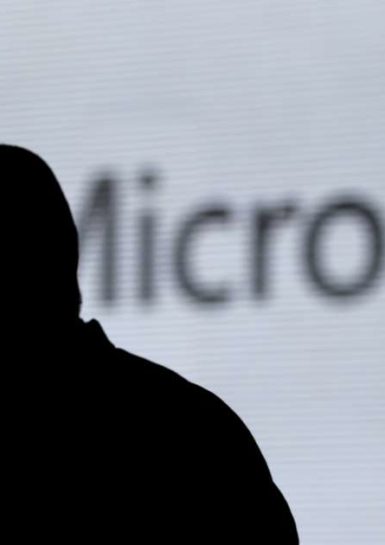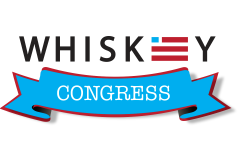
SCOTUS To Rule On Microsoft Case
With all of the attention on school shootings and the constant circus like atmosphere revolving around the White House, the Supreme Court of the United States is poised to rule on digital privacy and the access of law enforcement into suspected criminals digital data. Cases like this always weigh individual privacy against the efforts of law enforcement to keep up with modern technology.
The Supreme Court is set to hear on Tuesday a case that could have far-reaching implications for law enforcement access to digital data and for U.S. companies that store customer emails in servers overseas.
What began as a challenge by tech giant Microsoft to a routine search warrant for a suspected drug dealer’s emails has become a marquee case over data access in the Internet age.
At issue is whether a U.S. company must comply with a court order to turn over emails, even if they are held abroad — in this case in a Dublin server. The litigation turns on a 1986 law, the Stored Communications Act, passed long before email became a ubiquitous way to communicate and before American firms began storing massive amounts of data outside U.S. borders.
The arguments are abstract — “metaphysical,” one analyst quipped — but each side says the stakes are significant.
The government fears investigators will lose the ability to obtain email evidence in what it says are “hundreds, if not thousands” of criminal cases — from terrorism to child pornography to fraud. And, some analysts say, a Microsoft win could encourage more countries to require that providers keep data on local servers to ensure access to the information.
Microsoft frames the case as one of digital privacy, warning that an adverse ruling would leave the government “no basis to object” when other countries demand Americans’ emails stored inside the United States, that it would “trammel” other nations’ sovereignty and erode trust in a way that poses “an existential threat” to the $250 billion cloud-computing industry.



